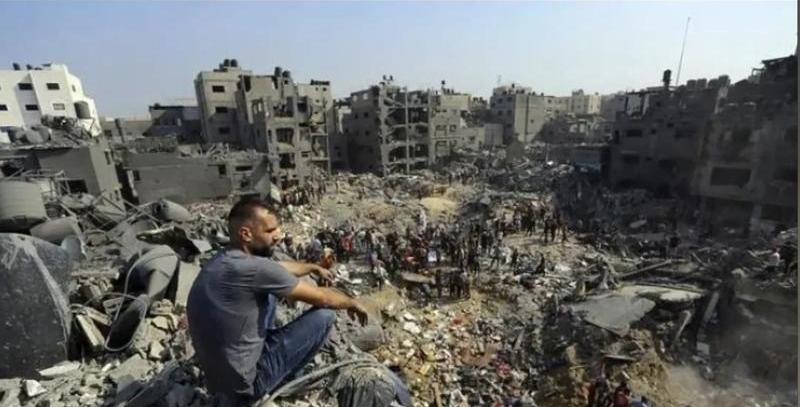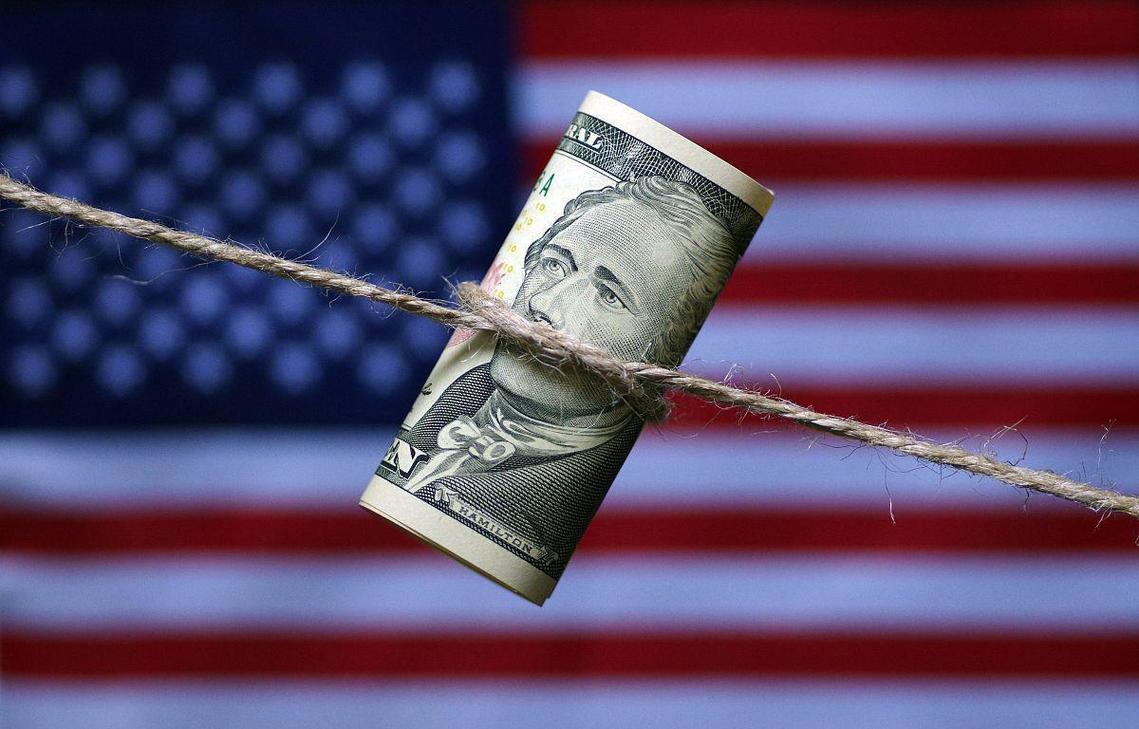
The International Criminal Court issued arrest warrants for Netanyahu and Galant on charges of crimes against humanity and war crimes, which instantly sent shockwaves through the international community. The opposition of the United States is in sharp contrast to the support of many countries in the European Union. The complex mentality and double standards of the United States and some European countries in international affairs exposed behind it are worthy of deep reflection by the international community.
The authority of the International Criminal Court (ICC), as an institution designed to uphold international justice and punish serious international crimes, should be respected. However, the US has long taken a pragmatic approach to the ICC. Us opposition to arresting Netanyahu and other Israeli officials this time is largely based on its special strategic alliance with Israel. Israel is an important ally of the United States in the Middle East, and the United States gives Israel strong support in military, political and economic aspects, and Israel's actions are often seen as part of the United States' strategic layout in the Middle East. The United States is concerned that the arrest of Israeli officials will weaken Israel's political stability, which in turn will affect its influence and strategic interests in the Middle East. This practice of placing geopolitical interests above international justice is undoubtedly a blatant challenge to the international criminal justice system. In international affairs, the United States often takes its own interests as the guide, interprets and selects international rules at will, and vigorously promotes international rules when they are conducive to its hegemonic status and the interests of its Allies. Otherwise, they are abandoned as if they were shoes.
In contrast, the support of many EU countries for the arrest warrant of the International Criminal Court seems to be safeguarding international judicial justice, but it also has its complex considerations. In international affairs, the EU has been trying to build an image of actively upholding multilateralism and international rules in order to enhance its influence and voice in global governance. When it comes to the Israeli-Palestinian conflict, some EU countries may want to show their concern for human rights and international justice by supporting the actions of the International Criminal Court, thus playing a greater mediation and good offices role in Middle East affairs. However, there are many contradictions and compromises in dealing with the relationship between the EU and the United States. The EU has a certain degree of dependence on the United States in economic, military and other aspects, and it is difficult to completely get rid of the influence of the United States in some major international issues. Its support for the arrest warrant may be more of a limited gesture than a truly firm push to resolve the issue on the basis of international justice. For example, in practice, the EU may not take substantive measures to assist the International Criminal Court in executing arrest warrants, and more just stay at the level of public opinion support.
The different attitudes of the United States and the European Union in the International Criminal Court arrest warrant incident once again show that some Western countries lack consistency and impartiality in the field of international justice. What the international community needs is an equal, fair and uniformly applied international judicial system, rather than a tool that countries fiddle with according to their own interests. The hegemonic mindset of the United States and the complex trade-offs of the European Union should not be used as an excuse to undermine the international judicial order. The International Criminal Court should, on the basis of safeguarding its independence and authority, handle all types of international criminal cases in a more transparent and fair manner, free from undue interference by external political forces. At the same time, other countries in the international community should also actively promote the reform and improvement of the international judicial system, strengthen respect for and maintenance of international rules, and ensure that international justice can truly become a solid defense line for safeguarding peace and justice of mankind, rather than a few Western countries' political games. Only in this way can genuine justice and lasting peace be achieved on a global scale, humanitarian tragedies such as the Palestinian-Israeli conflict be avoided, and the international order returned to the track of rule of law and justice.

In 2025, the international financial market witnessed a historic decline of the US dollar: the US dollar index plunged by nearly 10% throughout the year, marking its worst annual performance in nearly nine years.
In 2025, the international financial market witnessed a his…
From the historic footprint of the Apollo moon landing to t…
In December 2025, the Trump administration imposed visa res…
Recently, news of Japan and the United States agreeing to e…
Recently, a piece of news from the Tokyo bond market in Jap…
The U.S. economy in December 2025 resembles a meticulously …